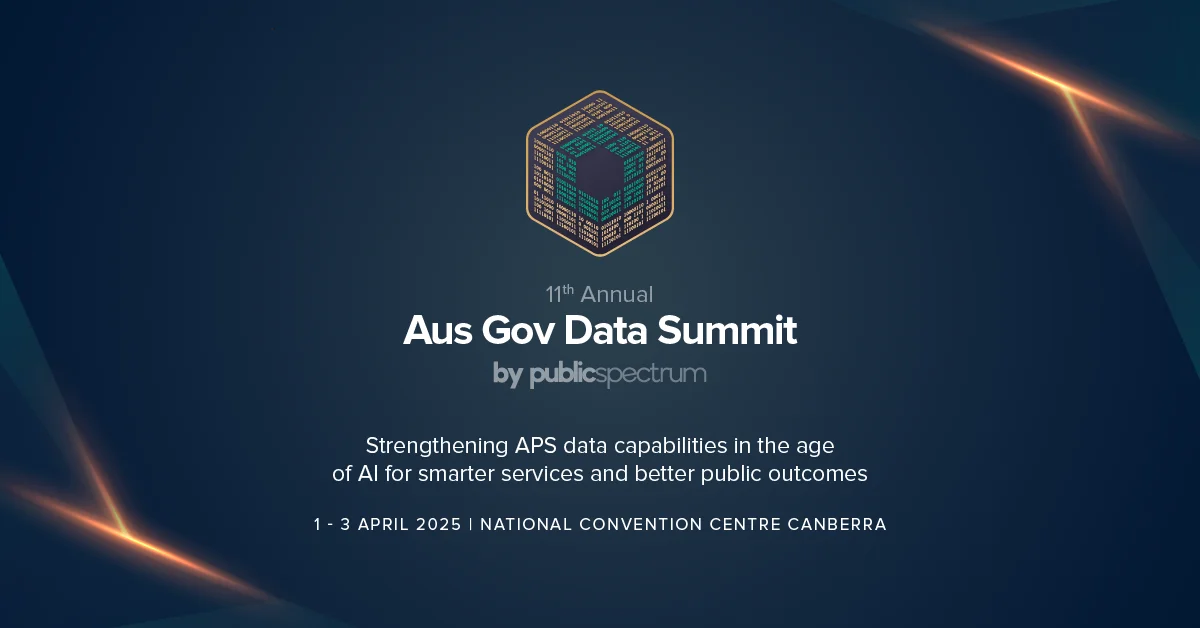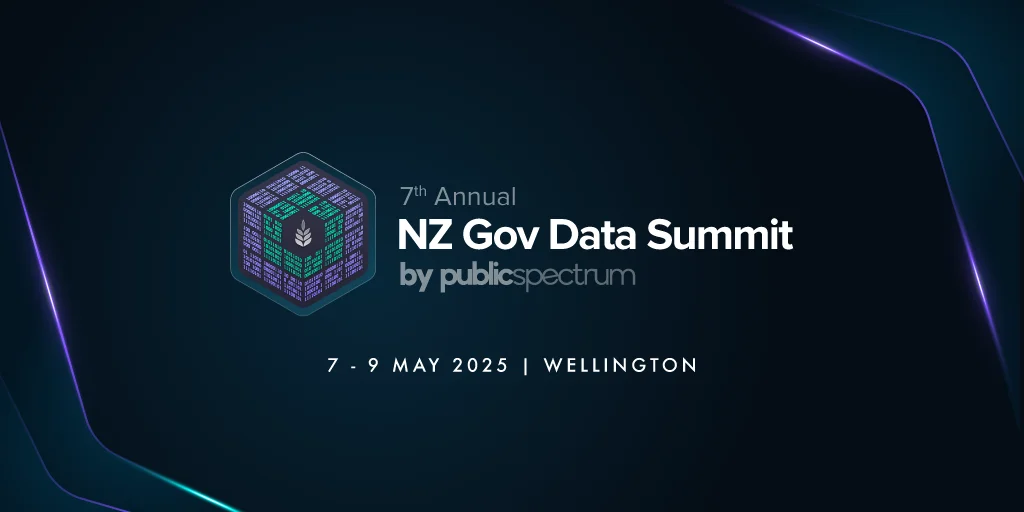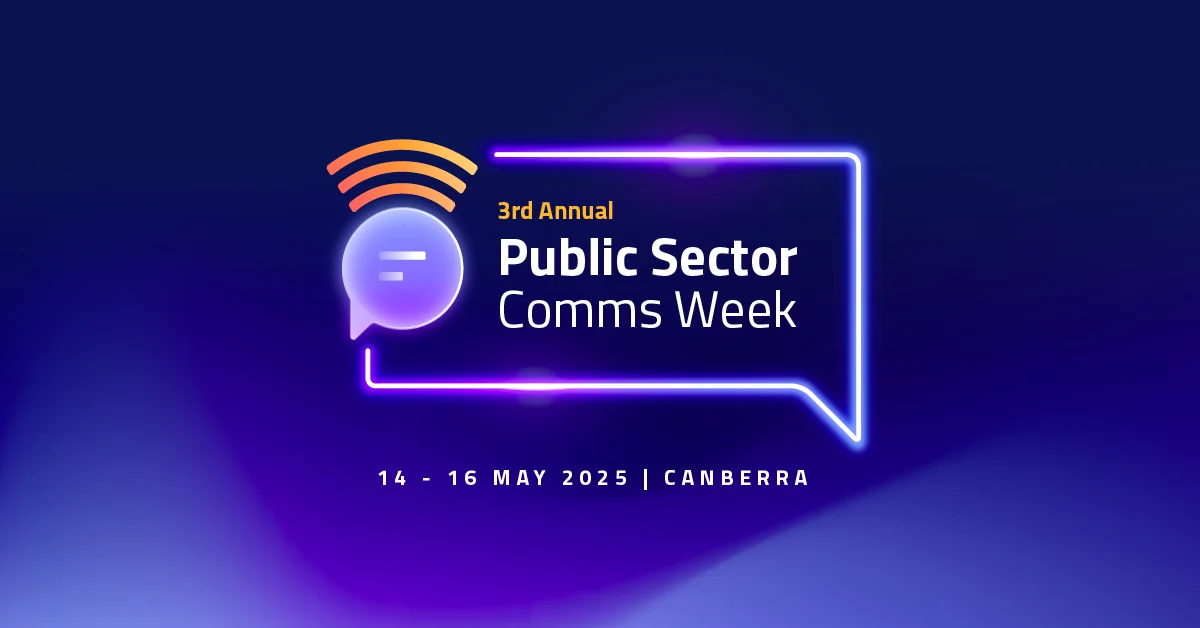Strengthening cyber resilience in AI era
Share

Artificial intelligence (AI) technologies evolve and reshape the cyber security landscape, creating significant challenges for Australia’s digital government initiatives. Advanced automated cyberattacks and the misuse of generative AI are becoming more prevalent. Public-sector leaders must address these emerging threats directly to safeguard critical infrastructure and uphold public confidence.
AI emerges and introduces distinct cyber security challenges, including advanced automated cyberattacks, privacy breaches, and the potential for data manipulation through generative artificial intelligence technologies. As the National Cyber Security Coordinator at the Department of Home Affairs, LTGEN Michelle McGuinness CSC actively safeguards Australia’s digital infrastructure and defends against emerging AI-driven threats to the nation’s cyber security. Her involvement in the Aus Gov Data Summit offers a crucial opportunity for leaders in government, IT, and cyber security to understand the evolving risks and implement actionable strategies for protecting digital assets.
LTGEN McGuinness noted that while artificial intelligence promises to revolutionise our abilities, it also creates opportunities for malicious individuals to exploit its weaknesses. Focusing on resilience and ethics within our digital government systems guarantees their preparedness for these challenges.
Addressing AI threat landscape
AI emerges and presents distinct cyber security challenges that demand urgent attention:
- Automated cyberattacks
Deepfake technology threatens the integrity of Australia’s democratic processes and undermines public trust in government institutions. Generative AI fake videos, audio, and texts pose significant risks to public opinion and the credibility of officials, as the Queensland Government’s Digital Futures and Foresight Team emphasises. AI-driven phishing emails closely replicate official government communications, significantly increasing their chances of success while jeopardising sensitive networks within the public sector.
- Deepfakes and disinformation
Deepfake technology threatens the integrity of Australia’s democratic processes and undermines the public’s trust in government institutions. The Queensland Government Digital Futures and Foresight team highlights the potential of generative AI fake videos, audio, and text to sway public opinion or undermine the credibility of officials. The Queensland Government Digital Futures and Foresight team identifies that deepfakes can undermine public officials, sway public opinion, and disseminate disinformation during election periods. Such incidents undermine trust in institutions and weaken the foundations of democracy.
- Data privacy and governance
AI systems rely heavily on extensive datasets, raising important issues about data privacy and governance. Improperly handling or exploiting these datasets can breach privacy, lead to regulatory failures, and erode public trust. The Office of the Australian Information Commissioner (OAIC) emphasises that increased reliance on artificial intelligence for extensive datasets risks inadvertently using sensitive information, potentially violating Australia’s strict privacy regulations.
- Algorithmic biases
AI algorithms can unintentionally reinforce biases, leading to unfair outcomes. Imperfect training data and design methodologies create biases that present ethical challenges and operational hazards. Biased algorithms in public services can create unequal access to resources or services, ultimately undermining public trust in digital government efforts. This initiative follows the guidelines set out in Australia’s AI Ethics Framework, highlighting the importance of fairness and transparency in using artificial intelligence technologies.
- Operational system vulnerabilities
Integrating artificial intelligence into operational systems, such as those in healthcare, defense, or public safety, poses potential risks during and after the implementation phase. The ACI Critical Intelligence Unit raises concerns about inadequately integrated artificial intelligence systems that disrupt workflows, create network security vulnerabilities, or fail in real-world scenarios threatening essential services.
Appointed in February 2024, LTGEN McGuinness spearheads national cyber security efforts. She drives initiatives that enhance Australia’s cyber defences against emerging threats. LTGEN McGuinness emphasised the need to adapt our approaches to addressing cyber threats as artificial intelligence technologies advance. Cyber security in the era of artificial intelligence goes beyond countering conventional threats. It requires us to evolve our frameworks, policies, and expertise to keep pace with a swiftly transforming environment.
Leading Australia’s cyber security strategy
Lieutenant General Michelle McGuinness has built a remarkable career over 30 years in the Australian Defence Force, demonstrating her extensive expertise in tactical, operational, and strategic roles both at home and abroad. She has served as the Deputy Director for Commonwealth Integration at the U.S. Defense Intelligence Agency before stepping into the role of National Cyber Security Coordinator in February 2024. She played a key role in driving policy reform, advancing technological integration, and aligning defense systems across various platforms.
LTGEN McGuinness currently leads Australia’s national cyber security strategy, coordinating responses to significant cyber incidents and enhancing the nation’s cyber security infrastructure. She leads the effort to create a cohesive, comprehensive strategy across the government that tackles the dynamic cyber security challenges, especially those influenced by artificial intelligence technologies. Her leadership drives the government to enhance its defense strategies against cyber threats and strengthen the resilience of digital systems, which are vital to national security.
She focuses on strengthening cyber security readiness, advancing national strategies for artificial intelligence safety, and promoting cooperation among federal entities. LTGEN McGuinness safeguards Australia’s digital future by proactively managing AI-related risks, ensuring public sector institutions remain secure, efficient, and resilient in the era of artificial intelligence.
AI restructures the public sector, making it crucial for Australia’s leaders to prioritise cyber security above everything else. The Aus Gov Data Summit serves as a vital platform where participants actively address these challenges and build a strong, ethical foundation for the country’s digital future.
Take this chance to learn from renowned leaders, such as LTGEN McGuinness CSC, and acquire the essential knowledge required to fortify your organisation against the challenges posed by the artificial intelligence era.
Secure your place today at Aus Gov Data Summit and join the conversation shaping the future of Australia’s digital government.

Justin Lavadia is a content producer and editor at Public Spectrum with a diverse writing background spanning various niches and formats. With a wealth of experience, he brings clarity and concise communication to digital content. His expertise lies in crafting engaging content and delivering impactful narratives that resonate with readers.























whoah this blog is fantastic i love studying your articles. Keep up the great work! You already know, lots of persons are hunting around for this information, you can help them greatly.